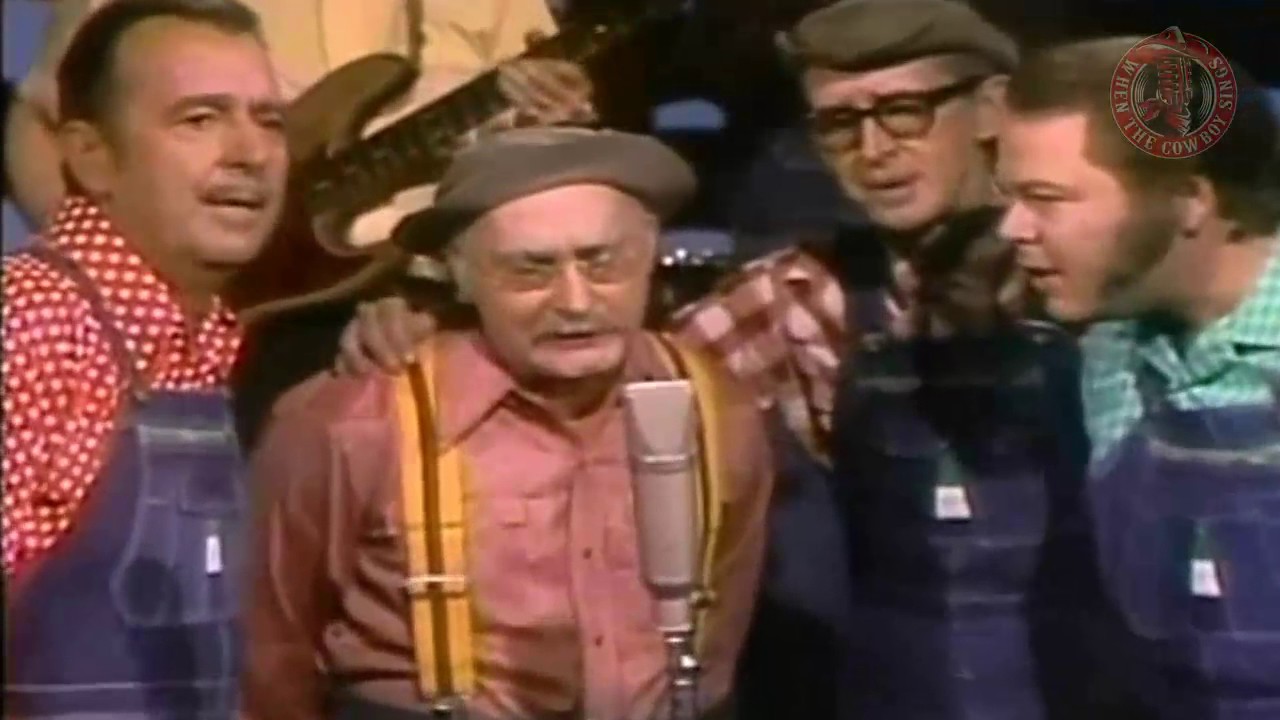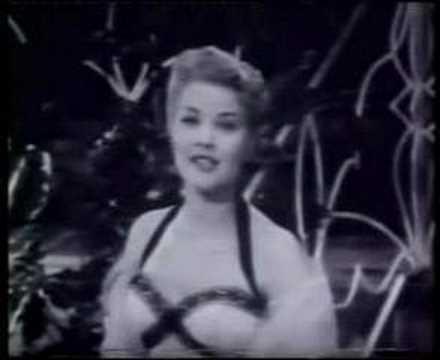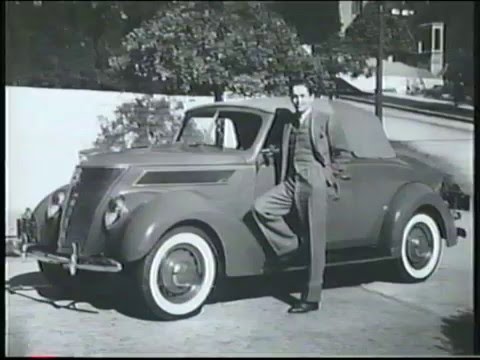Dark As A Dungeon – Tennessee Ernie Ford
“Dark As A Dungeon” is one of the most iconic coal mining songs ever written, originally penned by Merle Travis in 1946. Tennessee Ernie Ford, best known for his powerful baritone voice and his legendary hit “Sixteen Tons,” brought his own haunting gravitas to the piece. When Ford sang “Dark As A Dungeon,” he wasn’t just performing a song—he was channeling the collective experience of miners who lived and died in the shadows of coal shafts. His deep, resonant delivery captured both the pride and the tragedy of the mining life, making the lyrics feel less like entertainment and more like testimony.
The song itself paints a stark portrait of coal mining, comparing the underground to a dungeon where danger, darkness, and toil consume a man’s life. The verses acknowledge not only the physical dangers of cave-ins, explosions, and black lung, but also the psychological weight of a profession that traps entire generations of families. Ford’s interpretation magnifies this heaviness, leaning into the song’s minor tones and mournful pacing, reminding listeners that the price of energy and industry often came at the expense of the miner’s body and soul.
What makes Ford’s rendition particularly memorable is the contrast between his commanding presence and the vulnerability of the lyrics. He sings not only of hardship, but of the strange lure of the mines—how men are drawn back into the pits despite the suffering they know awaits them. This paradox gives the song a timeless relevance, illustrating how economic need, tradition, and lack of opportunity can bind workers to dangerous, thankless labor. Ford’s voice gives weight to that paradox, almost like a preacher warning of both the literal and moral costs of such a life.
“Dark As A Dungeon” has become more than just a mining ballad—it is a social commentary, a lament, and a preservation of working-class history. Through Tennessee Ernie Ford’s interpretation, it gained wider recognition beyond mining communities and stood alongside his other working-man anthems as a reminder of dignity in hardship. The song remains a poignant example of how folk and country music can give voice to the struggles of everyday people, ensuring that their sacrifices are not forgotten in the glow of progress.








August 18, 2025 @ 2:06 pm
And coalminers have to deal with skeptics who believe that we weren’t meant to live like moles.